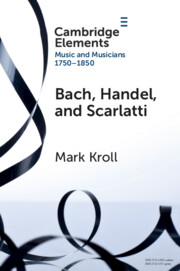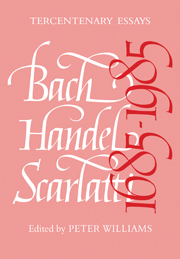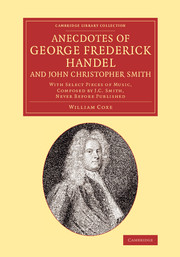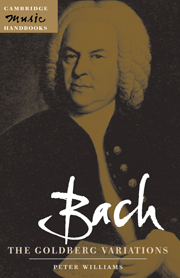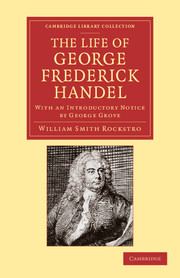Bach, Handel and Scarlatti
The music of Johann Sebastian Bach, George Frederic Handel and Domenico Scarlatti received more performances, publications and appreciation in Britain between 1750–1850 than in any other country during this era. The compositions of these three seminal baroque composers were heard in the numerous public and private concerts that proliferated at this time; edited, arranged and published for professionals and amateurs; written about by scholars and journalists; and used as teaching pieces and in pedagogical treatises. This Element examines the reception of their music during this dynamic period in British musical history, and places the discussion within the context of the artistic, cultural, economic, and political factors that stimulated such passionate interest in 'ancient music.' It also offers a vivid picture of the aesthetic concerns of those musicians and audiences involved with this repertoire, providing insights that help us better understand our own encounters with music of the past.
Reviews & endorsements
‘Mark Kroll’s book is an engaging read and meticulously researched, full of a wealth of details about the performance of the music of Bach, Handel, and Scarlatti in Britain between 1750 and 1850. His study brings this wide variety of source material together for the first time, giving us a glimpse into the intriguing history of the music’s reception and the aesthetics guiding British interest in early music during this period.’ Charlotte Mattax Moersch, Early Music America
'I would recommend this little volume both to a wide audience and to musicians and musicologists who already know something on the subject … Kroll’s valuable contribution shows the start of the interest in Early Music in Britain and the commonly held views of those times.' Ton Koopman, Boston Musical Intelligencer
'Kroll’s painstaking historical exploration demonstrates quite clearly that our reverence for early music in forms that its composers would recognize differs sharply from the attitude to 'ancient music' between 1750 and 1850, when musicians felt 'little compunction in tampering with the music' (57). Such compunction, and outrage at its absence, are products of our own age, not reflections of immutable perfection of untouchable monuments of the musical past. We owe a debt of gratitude to Kroll’s Element for highlighting this difference.’ Jonathan Rhodes Lee, Journal of the Riemenschneider Bach Institute
Product details
September 2022Paperback
9781009009065
75 pages
229 × 152 × 6 mm
0.15kg
Available
Table of Contents
- 1. Introduction
- 2. Domenico Scarlatti
- 3. George Frederic Handel
- 4. Johann Sebastian Bach
- References.

